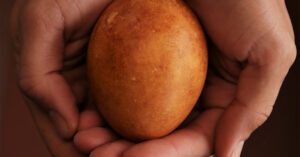
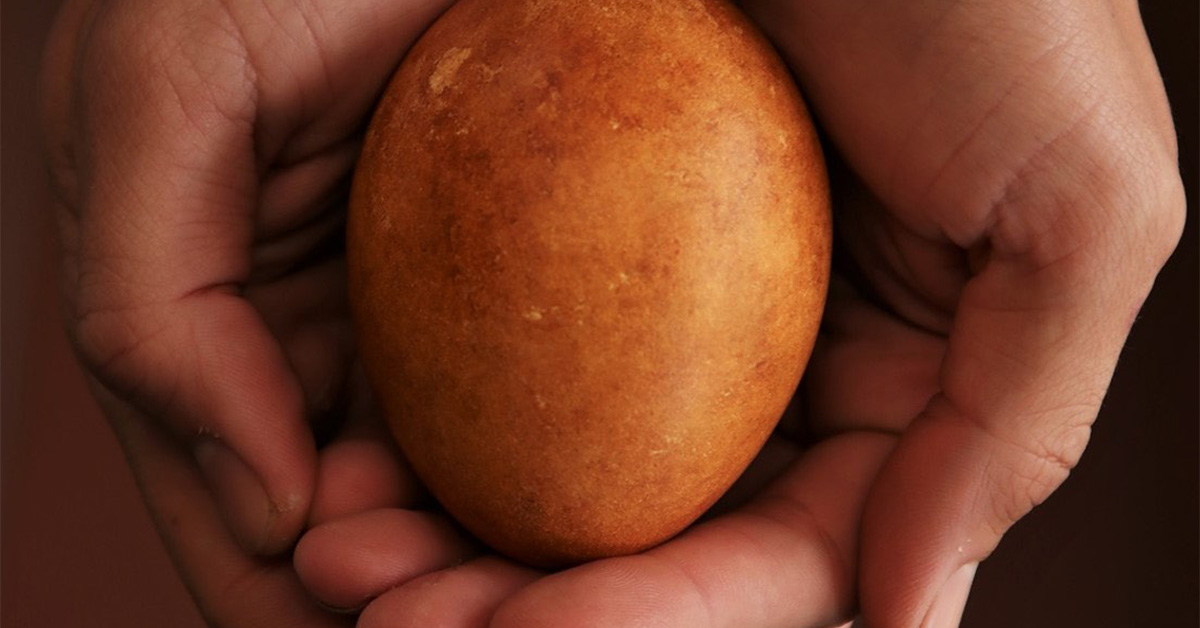
Josh Rodriguez is composer-in-residence of the Corona Symphony Orchestra, Associate Professor of Music Theory and Composition at the Collinsworth School of Performing Arts, California Baptist University and an Associate Fellow of the KLC. Listen to his music here.
Although the world of contemporary arts appears to be a secular place, there are many creatives working today who have found imaginative ways of engaging their faith in and through their art. Over the past three years, Deus Ex Musica has endeavoured intentionally to cultivate spaces for ecumenical and interfaith dialogue by inviting composers from different cultural, religious and denominational backgrounds to engage the biblical psalms and to write new works shaped by this experience. This approach has already yielded forty new musical compositions, multiple video and audio recordings, live performances around the world and collaborations with educational institutions (including the Wheaton College Conservatory, Gordon College and Eden Theological Seminary), religious organizations (such as the National Conference of the United Church of Christ), and churches including Old South Church (Boston), the parish of St Martin in the Fields (UK), St Andrew’s Church (Moscow) and Immanuel Lutheran Church (Riverside, USA).
To cultivate the creation of spiritually resonant music in any genre is worthwhile enough, but in this case, it was not the only goal. Deus Ex Musica exists to “promote sacred music as a resource for learning, discipleship, and spiritual growth” – in other words, to invite audiences to engage holistically with both music and text regardless of musical or theological training.
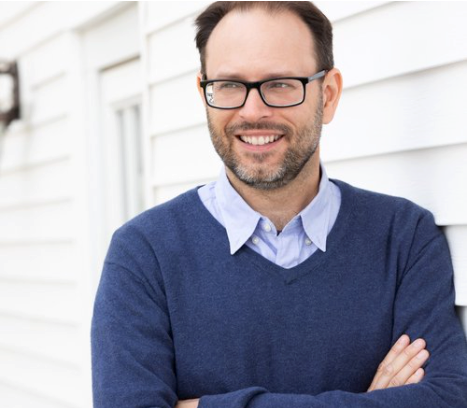
This unique project was created in 2019 by Delvyn Case, a composer and professor in Massachusetts, who refers to this approach as akin to a “musical Bible study.” As various people became involved, including me, a website was launched and a concert was planned. For our initial event, nine composers from different theological traditions were divided into three subgroups and each group was assigned a psalm which would be written for vocalist and piano. The result was three contrasting artistic and theological perspectives on each psalm (Pss 13, 57 and 148). The works were premiered at a unique event that combined live performance with small-group discussions, led by an ecumenical slate of Christian clergy, which allowed the audience to discuss immediately the impact and insight revealed through each composition. This event – and others modelled on it – has now been replicated dozens of times in person and online. Over the past three years, thousands of participants have had the opportunity to explore the psalms in this unique way.
In addition to its projects featuring newly-composed sacred works, Deus Ex Musica has created online resources in the form of blog articles, podcast episodes, and YouTube videos that explore the intersection of faith and classical music. At its core, it is a gathering of musicians who share a passion: to explore musically what it means to be human, created in God’s image.
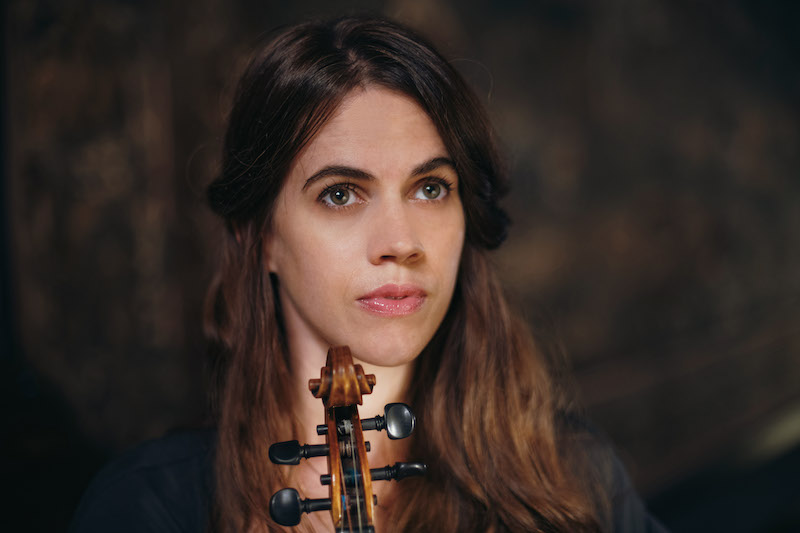
In August 2022, Deus Ex Musica recorded its first album featuring musical meditations for solo violin written by ten composers and performed by four violinists from various Christian and Jewish traditions. Each new work is shaped by a biblical psalm and bears the unique cultural, aesthetic and religious imprint of its creators. Attendees at the KLC’s launch event in September 2022 participated in a live discussion session featuring several of these works, performed by Danish-British violinist Emma-Marie Kabanova. Below are four highlights from this uplifting interfaith collection centred on the psalms – that enduring collection of prayer and praise.
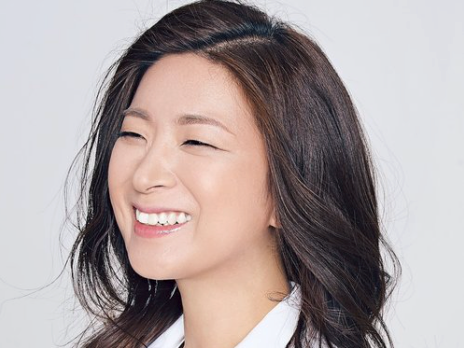
Sungji Hong, who is the music director at her home congregation, Denton Korean Baptist Church, has been honoured by a Guggenheim Fellowship, a Charles Ives Fellowship from the American Academy of Arts and Letters, commissions from many prestigious organizations, and a position as Assistant Professor of Music Composition at the University of North Texas. Her music has been described as “a work of iridescent freshness” (BBC Music Magazine), in which “the harmonies and fluid dynamics were modern” (The New York Times). The inspiration for her piece, “Proba me Deus,” is Psalm 139:23–24 (translated from Latin as “Search Me, O God”). In this passage, the psalmist asks God to search his heart to see if there is any sin in him, and he asks God to lead him in the way everlasting.
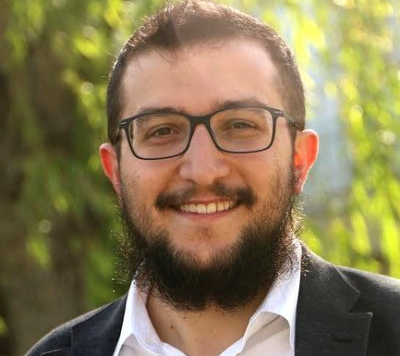
A graduate from the University of California, Los Angeles, Michel Klein – an Orthodox Jewish composer and educator – contributed “Ura,” a work based on Psalm 57. In this entrancing music, Klein explores the narrative found in the rabbinic writings or Midrash regarding King David, explaining, “King David used to hang his harp above his bed and when an Eastern wind would pass through his chamber at midnight, the strings would vibrate and wake him up. Upon waking, he would proceed to pray, sing, and compose music (very likely the Psalms) until dawn. In this piece, one can hear allusions to the midnight wind, the slowly building prayer melodies, and whispered prayers of the ‘Sweet Singer of Israel.’”

Born in the Bronx and raised in Morocco, Jewish composer Joelle Wallach has been writing music for over three decades. She was the American Composers Alliance nominee for the Pulitzer Prize in Music for her “String Quartet #2.” Of her contribution, Joelle writes, “‘Beside the Still Waters’ is a musical meditation on the 23rd Psalm … Its use of double-stop drones throughout represent the constant presence of God, even when the melody of His song is neither audible nor clear.”
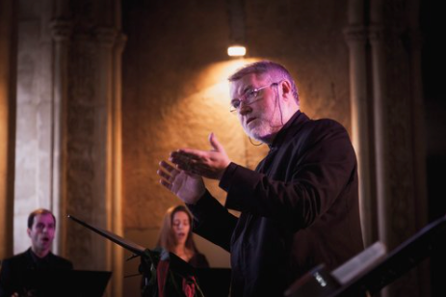
British composer, musicologist and archpriest of the Serbian Orthodox Church, Ivan Moody (currently a research fellow at CESEM, Universidade Nova, Lisbon), “decided to write something communicating joy and wonderment.” The first word in the last verse of Psalm 133 (134 in Western Masoretic numbering), “Evloghise” expresses the hope that “the Lord will bless you out of Zion, the Lord who created heaven and earth.” Known for music that is shaped by Byzantine chant, for this work Moody preferred instead to “let the sense of the words guide the music. When I heard [violinist] Sarita Kwok playing the piece for the first time with a genuine sense of joy and of communicating that joy, I knew I had made the right decision.”
For thousands of years, the psalms have been a primary source of consolation and inspiration for Jews and Christians alike. They have found musical expression in the work of composers as diverse as J. S. Bach, Florence Price, Ernest Bloch and Igor Stravinsky. And the impact of the psalms on contemporary classical music continues today in Deus Ex Musica’s album “Search Me O God.”
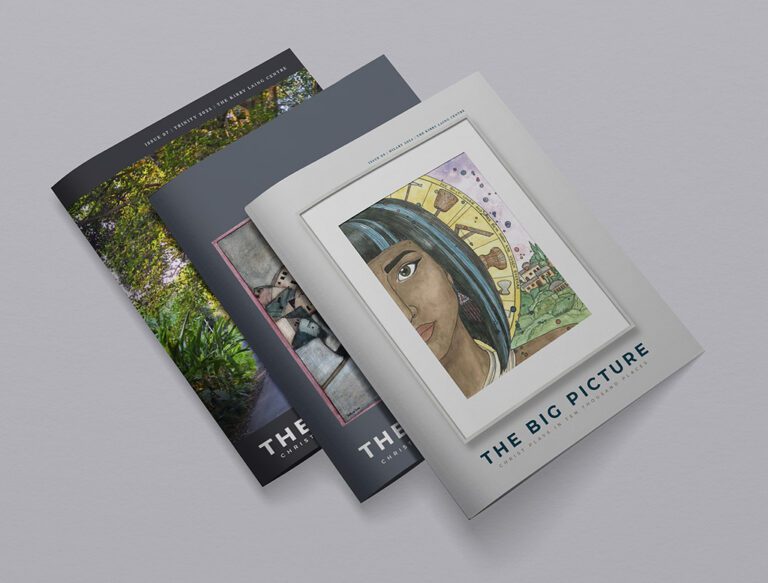
Get the latest issue in print or subscribe for the next three.